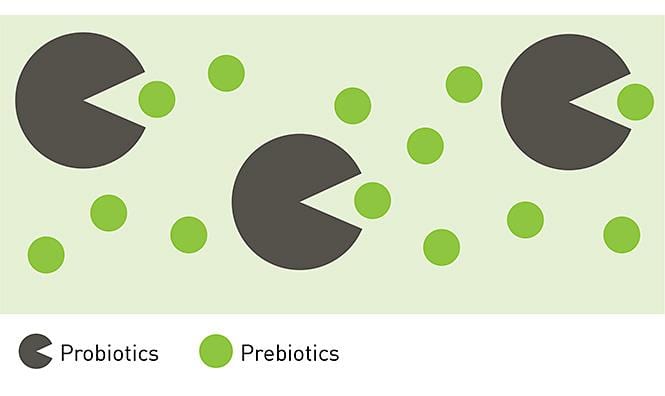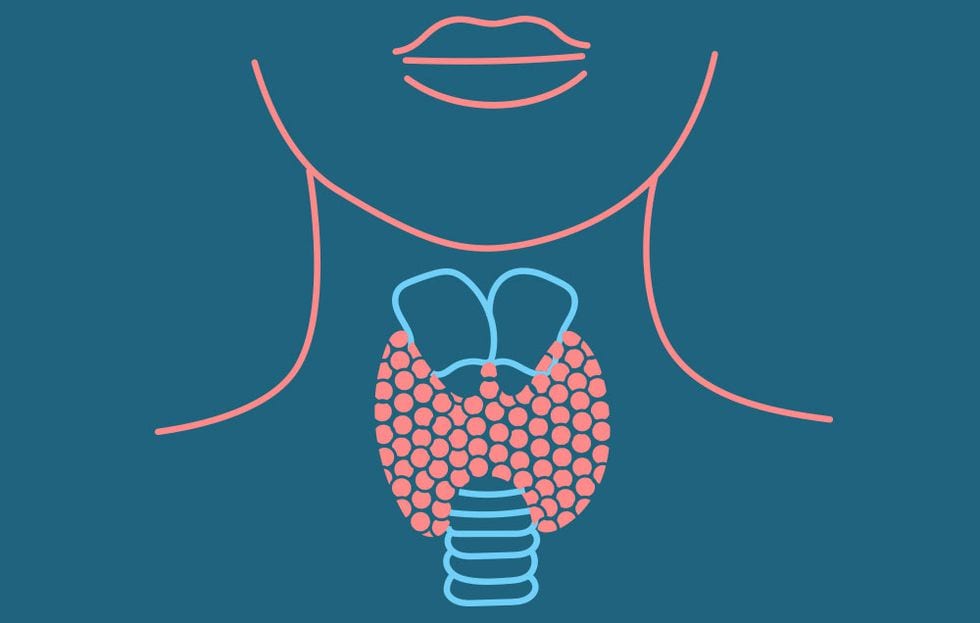Blog
Prebiotics vs Probiotics
Simply put, probiotics are live micro-organisms (bacteria, yeast or fungi) and they live naturally on and in our bodies. Prebiotics are a form of fibre that acts as a food, for the bacteria found within your gut.
In order to have a healthy gut, most health practitioners will tell you that you need to have a good balance between your good and bad gut bacteria, and whilst we at Flourish agree with this, the ways of achieving it differs dramatically.
Let’s talk about probiotics. I want to keep this really simple, not highly technical as I think it is easier to understand and therefore allow you to be able to make a more informed decision as to what is right for you.
The gut microbiome or gut flora – I am going to refer to these as if they have a personality.
Their role in life is to keep us healthy. Their job is to keep the immune system strong, make certain vitamins and minerals, aid digestion, metabolism, psychology and reduce chronic inflammation one of the key drivers of chronic illness.
Some facts:
- There are 10 x as many of them as they are of you, totalling approximately 100 trillion microbes
- Thought of as a new organ with distinct metabolic and immune activity
- There are between 1500 – 5000 different species, but this number is changing rapidly as new research comes to light.
- Weighs approximately 2 kilograms
- The majority reside within the large bowel
- Make up approximately 60% of each and every bowel movement
- Populated during birth and breastfeeding and continues to develop until the age of 2 -3 years when the gut microbiota stabilises and resembles that of adults
- Antibiotics in early life can shift the bacterial profile and promote obesity and metabolic abnormalities and/or autoimmune disease.
- It is believed that our gut microbiota diversity is influenced by some three generations travelling down our mothers side.
- Lack of diversity is linked with chronic diseases, especially allergies
- A bad gut can lead to a fatty liver
- Gut bacteria profiles are unique like fingerprints. No two humans have the same profile. In fact we only share 68% of the same profile the rest of the profile is unique to each and everyone of us.



